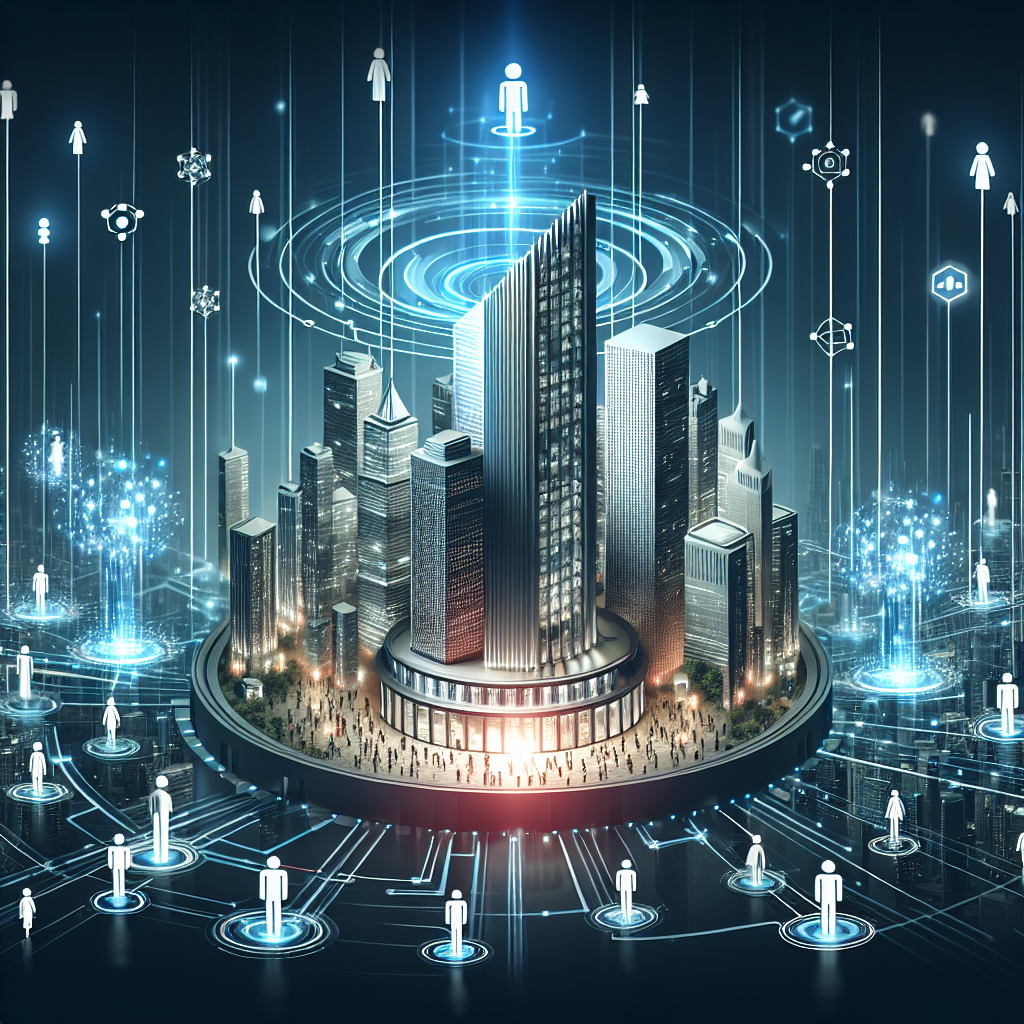The Future of AI-driven Solutions in Human Resources
In recent years, the use of artificial intelligence (AI) in the field of human resources has gained significant traction. AI-driven solutions are revolutionizing the way HR departments operate, providing new tools and technologies to streamline processes, enhance decision-making, and improve employee experiences. As technology continues to advance, the future of AI-driven solutions in human resources looks promising, with even more innovations on the horizon.
One of the key benefits of AI in HR is its ability to automate tedious and time-consuming tasks, allowing HR professionals to focus on more strategic and value-added activities. From resume screening and candidate sourcing to employee engagement and performance management, AI can handle a wide range of HR processes with greater speed and accuracy than traditional methods. This not only saves time and reduces errors but also enables HR teams to make more data-driven decisions based on real-time insights.
Another advantage of AI in HR is its ability to improve the candidate and employee experience. AI-powered chatbots and virtual assistants can provide instant responses to common HR queries, ensuring employees have access to information and support whenever they need it. These tools can also personalize interactions based on individual preferences and behaviors, creating a more engaging and efficient experience for users. In the recruitment process, AI can help identify high-potential candidates, predict job fit, and even conduct automated interviews, making the hiring process faster and more effective.
Furthermore, AI can help HR departments better understand and analyze workforce data to drive strategic decision-making. By collecting and analyzing data on employee performance, engagement, and retention, AI can provide insights that enable HR professionals to identify trends, predict future needs, and optimize processes. This data-driven approach can lead to more effective talent management strategies, improved employee satisfaction, and ultimately, better business outcomes.
Looking ahead, the future of AI-driven solutions in human resources is likely to be characterized by even greater integration and customization. As AI technologies continue to evolve, HR departments will have access to more sophisticated tools that can adapt to their specific needs and challenges. For example, AI algorithms may become more advanced in predicting employee turnover, identifying skills gaps, and recommending personalized training programs. These tailored solutions will enable HR professionals to proactively address issues and support the development of their workforce.
Additionally, the future of AI in HR may see the rise of more collaborative and human-centered technologies. While AI can automate many tasks, it is not a replacement for human judgment and empathy. Future AI-driven solutions may focus on enhancing the human touch in HR processes, such as by providing coaching and mentoring support to employees, facilitating team collaboration, and fostering a culture of continuous learning and development. By combining the strengths of AI with human expertise, HR departments can create more inclusive, supportive, and high-performing workplaces.
In conclusion, the future of AI-driven solutions in human resources holds great promise for transforming the way HR departments operate and deliver value to organizations. By leveraging AI technologies to automate tasks, improve experiences, and drive data-driven decision-making, HR professionals can become more strategic partners in driving business success. As AI continues to advance and evolve, HR departments must embrace these technologies and adapt their practices to stay ahead of the curve.
FAQs:
1. How can AI improve the recruitment process?
AI can improve the recruitment process by automating tasks such as resume screening, candidate sourcing, and interview scheduling. AI algorithms can analyze candidate data to identify high-potential candidates, predict job fit, and even conduct automated interviews. This not only speeds up the hiring process but also helps HR professionals make more informed decisions based on data-driven insights.
2. What are the benefits of using AI in employee engagement?
AI can enhance employee engagement by providing personalized interactions, instant responses to queries, and support for training and development. AI-powered chatbots and virtual assistants can help employees access information and resources more easily, creating a more engaging and efficient experience. By leveraging AI technologies, HR departments can improve communication, collaboration, and overall satisfaction among employees.
3. How can AI help HR departments make data-driven decisions?
AI can help HR departments make data-driven decisions by collecting and analyzing workforce data to identify trends, predict future needs, and optimize processes. AI algorithms can provide insights on employee performance, engagement, and retention, enabling HR professionals to develop more effective talent management strategies. By leveraging AI technologies, HR departments can drive strategic decision-making and achieve better business outcomes.
4. What is the role of AI in talent management?
AI plays a crucial role in talent management by helping HR departments identify skills gaps, predict employee turnover, and recommend personalized training programs. AI algorithms can analyze workforce data to provide insights on employee performance, engagement, and development opportunities. By leveraging AI technologies, HR professionals can develop targeted talent management strategies that support the growth and development of their workforce.
5. How can AI enhance the human touch in HR processes?
While AI can automate many tasks, it is not a replacement for human judgment and empathy. Future AI-driven solutions in human resources may focus on providing coaching and mentoring support to employees, facilitating team collaboration, and fostering a culture of continuous learning and development. By combining the strengths of AI with human expertise, HR departments can create more inclusive, supportive, and high-performing workplaces.

